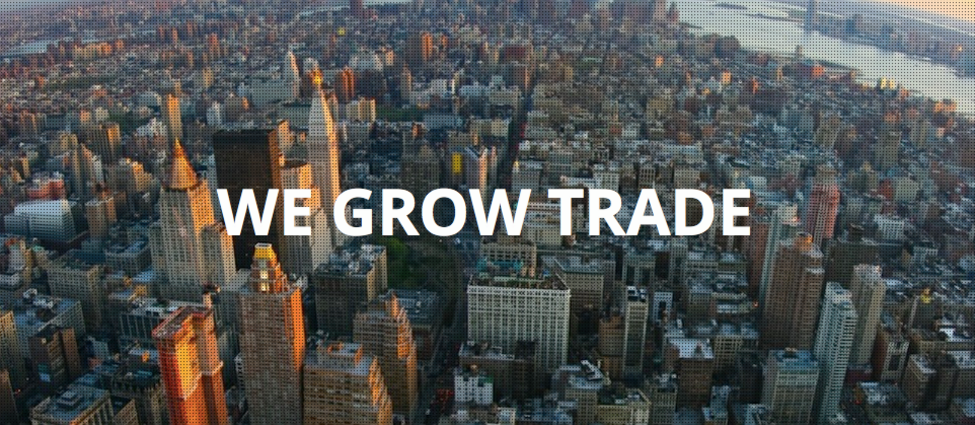


WTC Utah Hosts China Challenge Summit

Touted by Deseret News as “one of the most important international meetings ever convened in Utah,” the inaugural China Challenge Summit held by World Trade Center Utah, Utah Valley University, and Strider Technologies on June 8 and 9, hosted more than 1,200 attendees in-person and virtually and spurred a national conversation. Featuring experts on political, economic, and security interests between China and the United States, topics ranged from China’s global influence, U.S. diplomacy and foreign policy, U.S.-Chinese trade policies, and best practices for businesses in China. Experts included former Deputy National Security Advisor Matt Pottinger, U.S.-China Business Council President Craig Allen, The Wall Street Journal’s Chief China Correspondent Lingling Wei, UVU President Astrid S. Tuminez, and former U.S. Ambassador to China Jon Huntsman. “We’re not here to fall back on conventional wisdom and soundbites,” Huntsman said. “We’re on the front end of what will be the defining decade of the U.S.-China relationship.” “I am very grateful and proud that this conference is taking place at UVU,” President Tuminez said. “I believe that this university is part of a brain trust, not only in the state of Utah but of the country as a whole. And we should do some of our hardest thinking and our hardest conversations in a university.” In his opening remarks, President and CEO of World Trade Center Utah Miles Hansen expressed that the responsibilities of U.S.-Chinese relations don’t fall squarely on the shoulders of diplomats. “When it comes to foreign affairs,” Hansen shared, “the vast majority of America’s international engagement is done at the state and local level as American companies, universities, and institutions work around the world each and every day.” In a conversation between former U.S. Ambassador to China Huntsman (2009–2011) and current U.S. Ambassador to China Nicholas Burns, the two diplomats discussed how the relationship between the U.S. and China has changed in the past decade. “The Chinese government is much more assertive than it was 10, 15, or 20 years ago against the interests of the United States,” Burns said. “We’ve got to invest in our own country to compete effectively with China.” In another panel discussion, business experts with ties to China addressed what the country’s surging economy means for those wishing to navigate commerce in the increasingly complex Chinese marketplace. Allen said that American businesses working in China are doing well considering the political headwinds. He further stated that Utah businesses should consider starting work in China. “Utah is an export powerhouse. The water’s warm; please jump in.” President Tuminez said the summit was created, in part, to educate Utah’s business leaders about Chinese trade relations. “Utah is the strongest economy in the United States,” she said. “Our businesses need to understand what’s going on in China. Whether we like it or not, China is our third-largest trading partner after Canada and Mexico. They own over a trillion dollars of American debt. They have a billion people. They are very powerful in the world.” The summit was sold out and generated buzz nationally and in Asia, receiving coverage by The Wall Street Journal, Bloomberg, and other publications internationally.